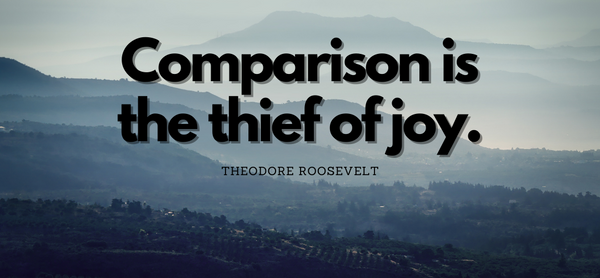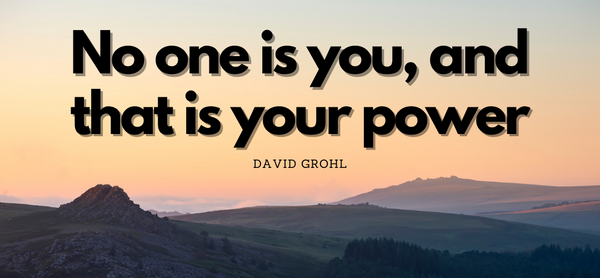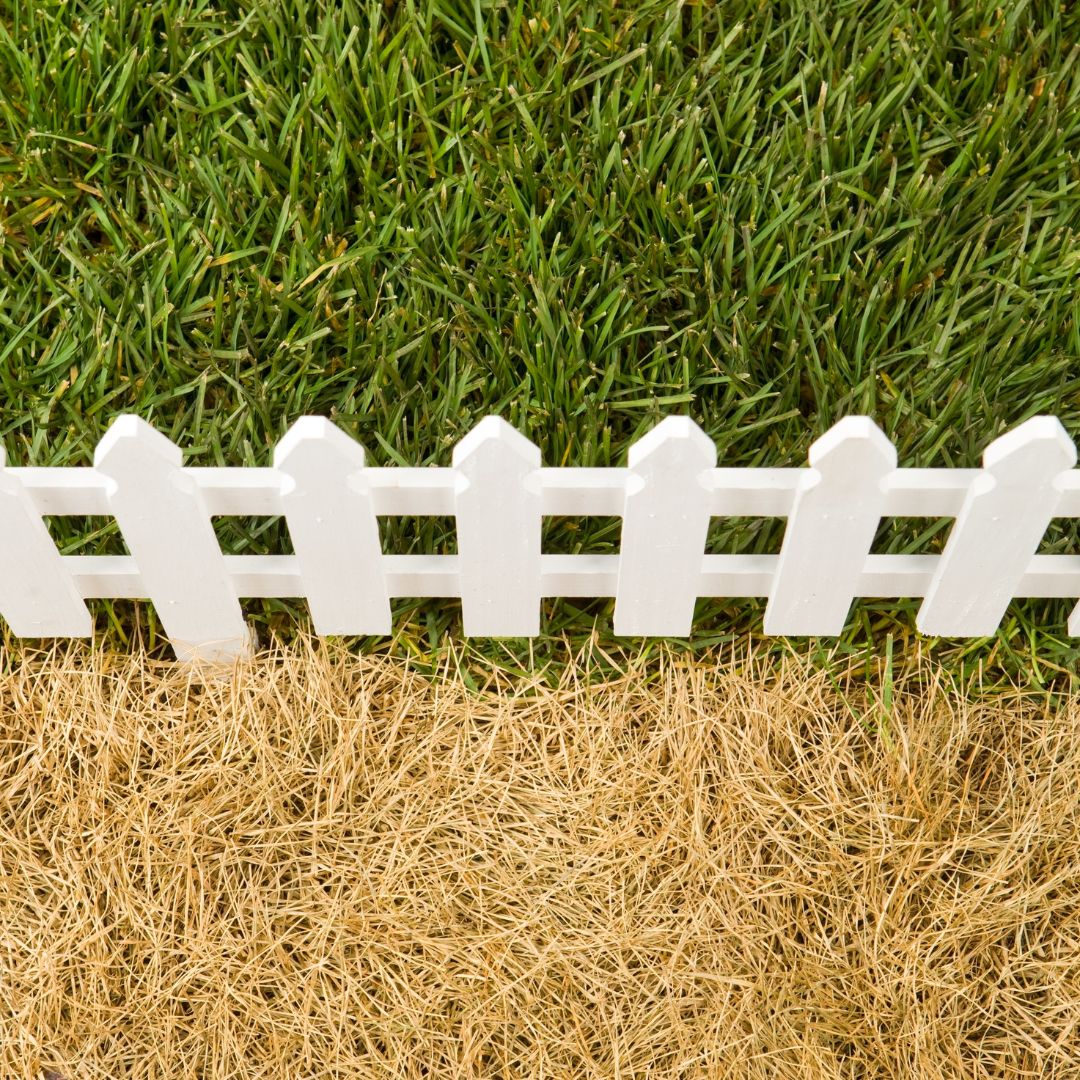Welcome to Win Your Week - our weekly blog on all things motivation, mindfulness, life hacks and more!
You may have heard the saying ‘comparison is the thief of joy’.
This sentiment is particularly relevant today, especially with our constant access to social media and people’s curated and seemingly perfect lives.
Today we want to talk about comparison, where is comes from and how we combat it before it takes over our lives!
At times comparison can be helpful, acting as a blueprint for improvement and inspiring us to change for the better.
But, more often than not, comparison is an opportunity for us to pick ourselves apart and see everything we think is wrong with ourselves.

But there is a reason comparison exists.
Our brain uses comparison to figure out how we measure up to other people. It’s our brains basic way of developing an understanding of who we are and figuring out what we are good at and what we’re not so good at. Often, this assessment is made in a matter of seconds and on autopilot. It is when we dwell on the ‘highlights’ of other people’s lives that this can become toxic.
When comparison takes over and we start judging or doubting ourselves it is easy for our confidence to suffer.
So how do we approach comparison in a more productive way?
Strategies to combat comparison
1. Avoid triggers
The first step to reducing comparison is avoiding the things that trigger this kind of thinking in the first place. Start by noticing the situations that cause us to start comparing ourselves. Social media is a trigger for many of us, so limiting our social media use is a great place to start. Also, note if there are certain people who brag or make us feel bad about ourselves and if there are certain environments such as high-end stores or expensive neighbourhoods that make us feel poorly about our own lives. This can help us understand where our insecurities are coming from.
Once we have identified our triggers, we can write them down, noting how they negatively affect us. Now we can avoid these triggers, if possible, particularly if the person or place doesn’t add any value to our life.
In the event that we are comparing ourselves to a friend, it can help to remind ourselves that we don’t know what goes on behind closed doors.
2. Name the inner voice
Naming something gives it less power. We can give our inner clique or our ‘negative self-talk’ a name. As we get to know this critic, we can start to understand their motivations. Perhaps we think someone is smarter than us, has a better job or more money. Whatever the insecurity is, our inner voice likes to echo this back to us.
By giving our inner voice a name, we can recognise when it speaks up and we can deal with it in a productive way.
3. Be your own best friend
How would you comfort a friend in crisis? Perhaps, you would sit with your friend and discuss and validate their feelings. Others may comfort them and tell them what a great person they are or remind them of all the reasons they are great.
It can help to write down three or four things that we love about ourselves. It helps to be specific, so we can look back on these great examples when comparison does arise. Perhaps you are great at public speaking, and this helps you excel at your job and helps you team or maybe you are a great listener so your friends rely upon you when they are in a crisis. Whatever it may be, make note of it!
Whatever it is, when our inner critique takes over, we should treat ourselves how we would a friend. A great rule is ‘If you wouldn’t say it to a friend, don’t say it to yourself’.

Over to you…
Overcoming comparison is not a linear journey. There will be bumps in the road and setbacks. There will always be someone prettier, more talented, intelligent, bubbly, or outgoing than us. The trick is knowing the unique value we bring to the table.
Now go ahead and WIN YOUR WEEK!









